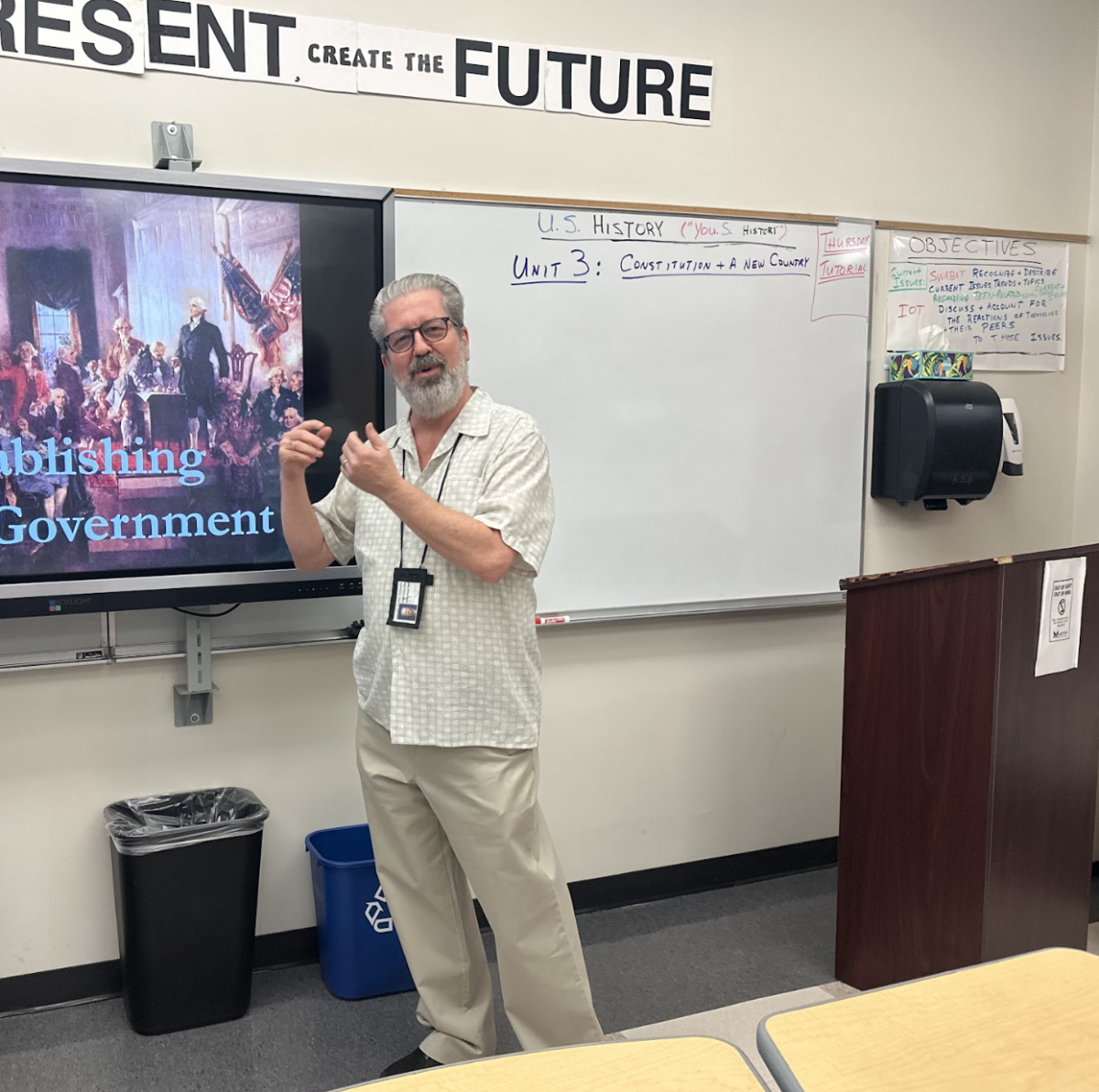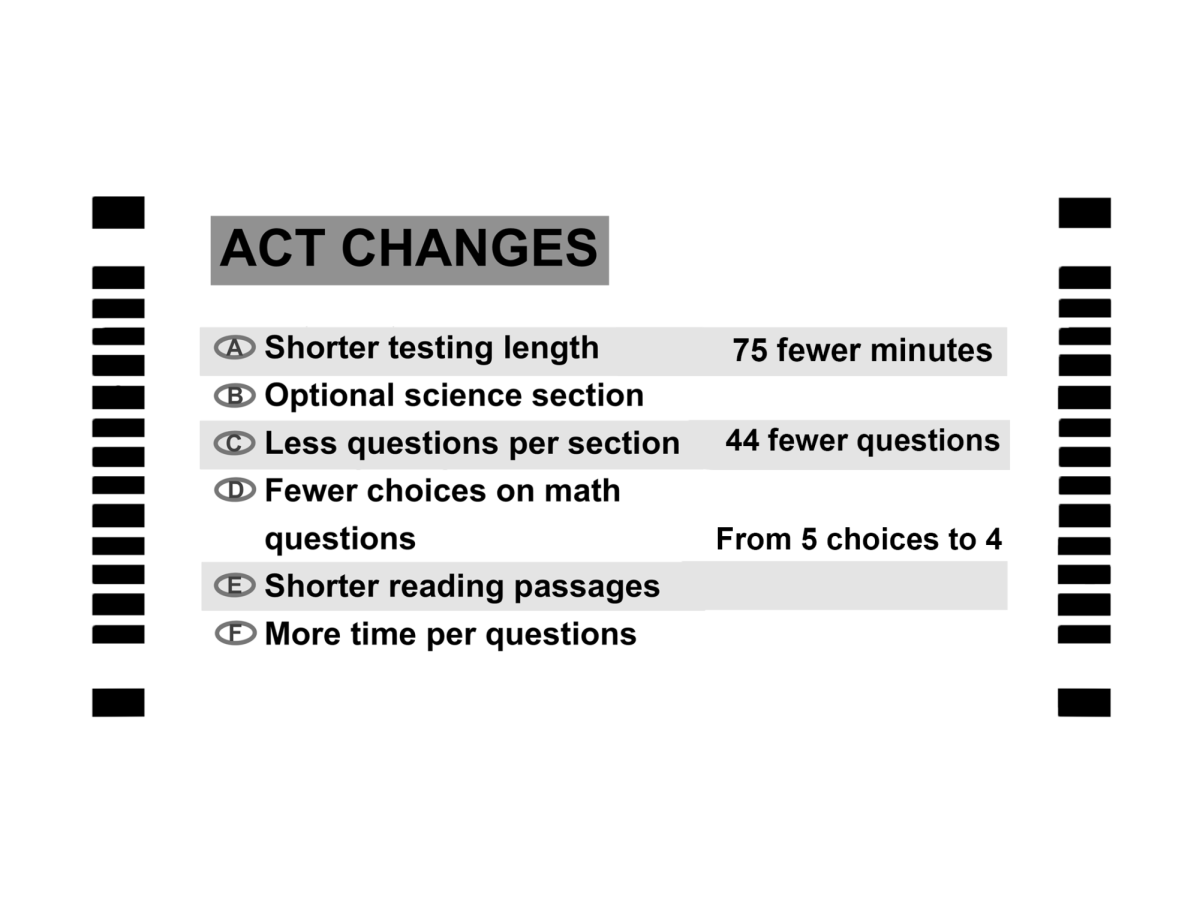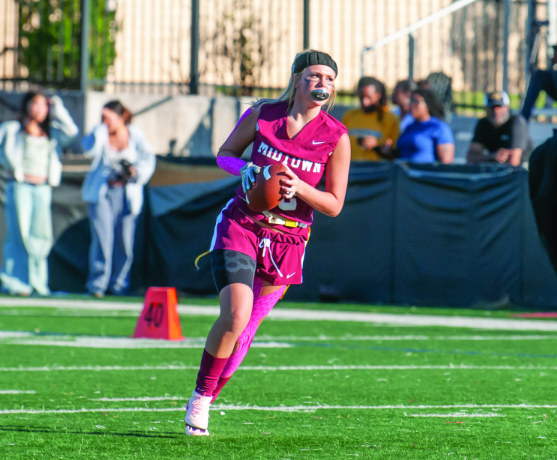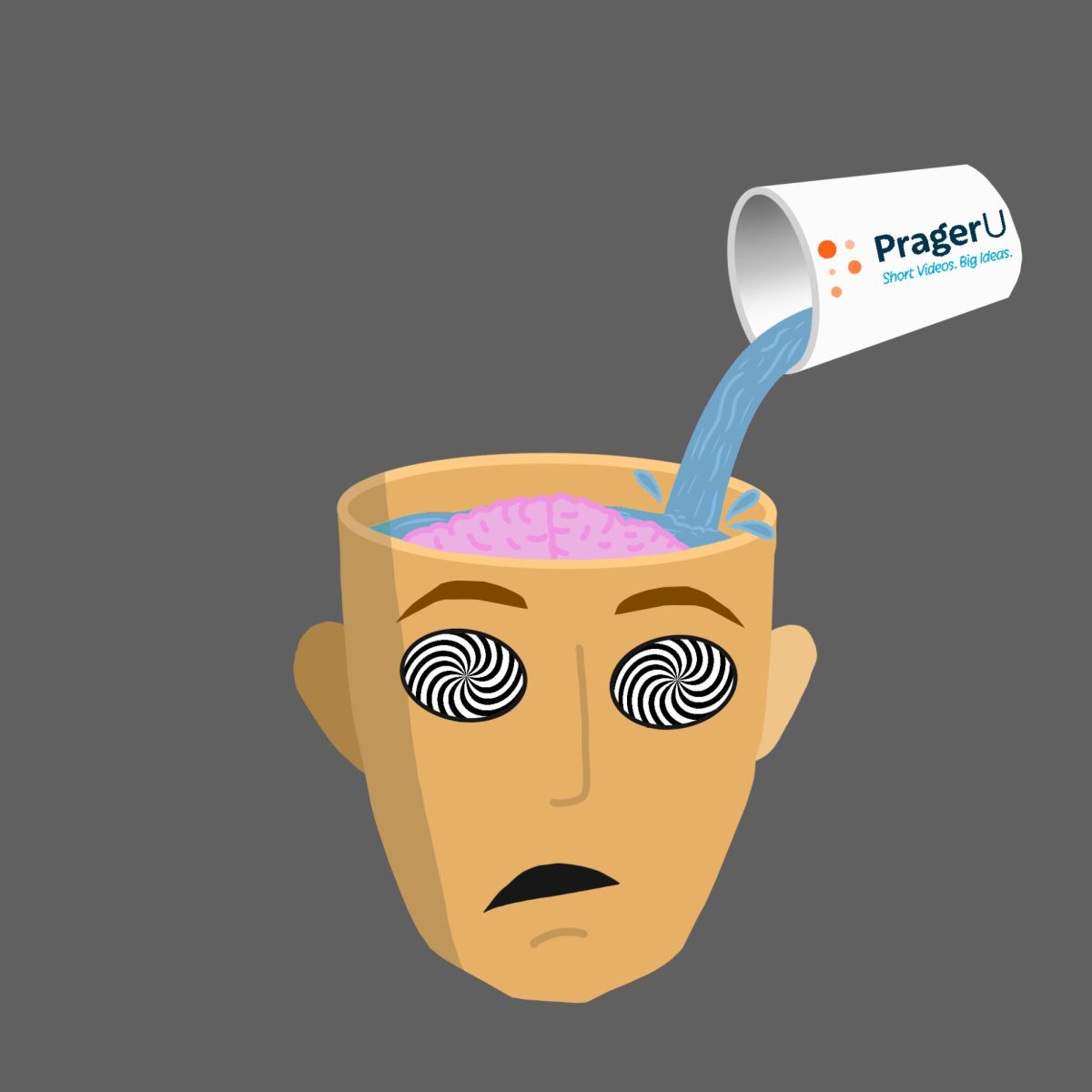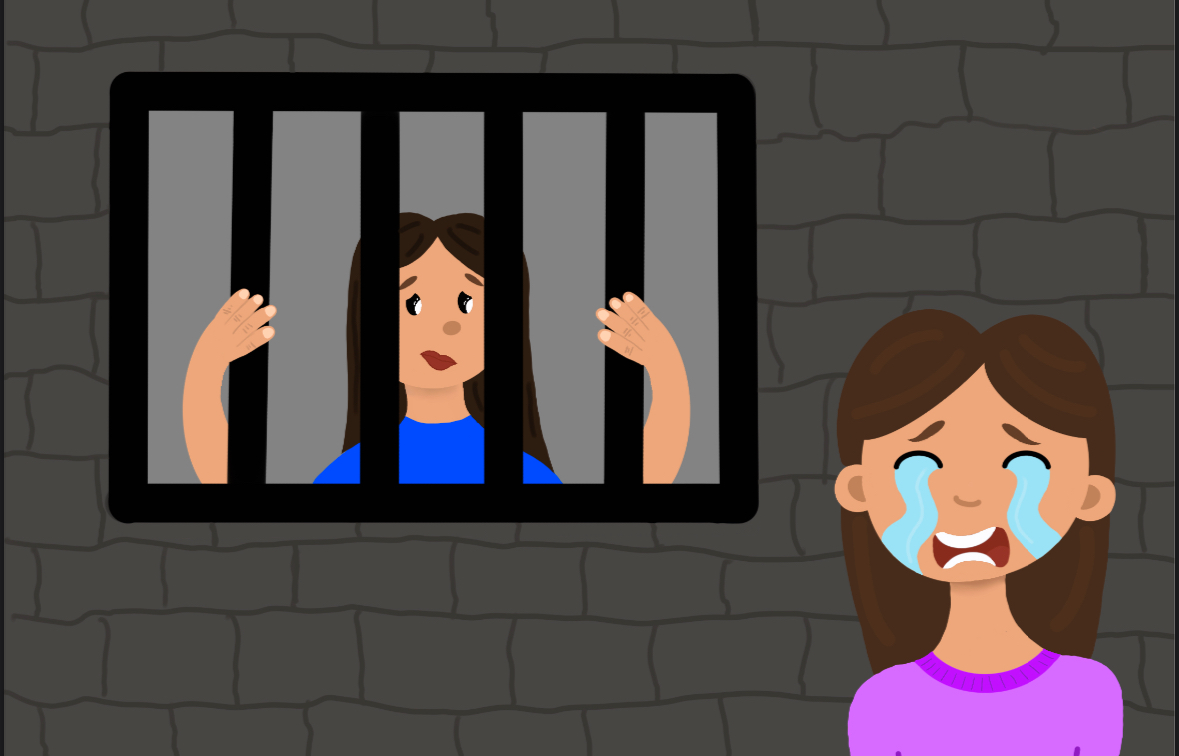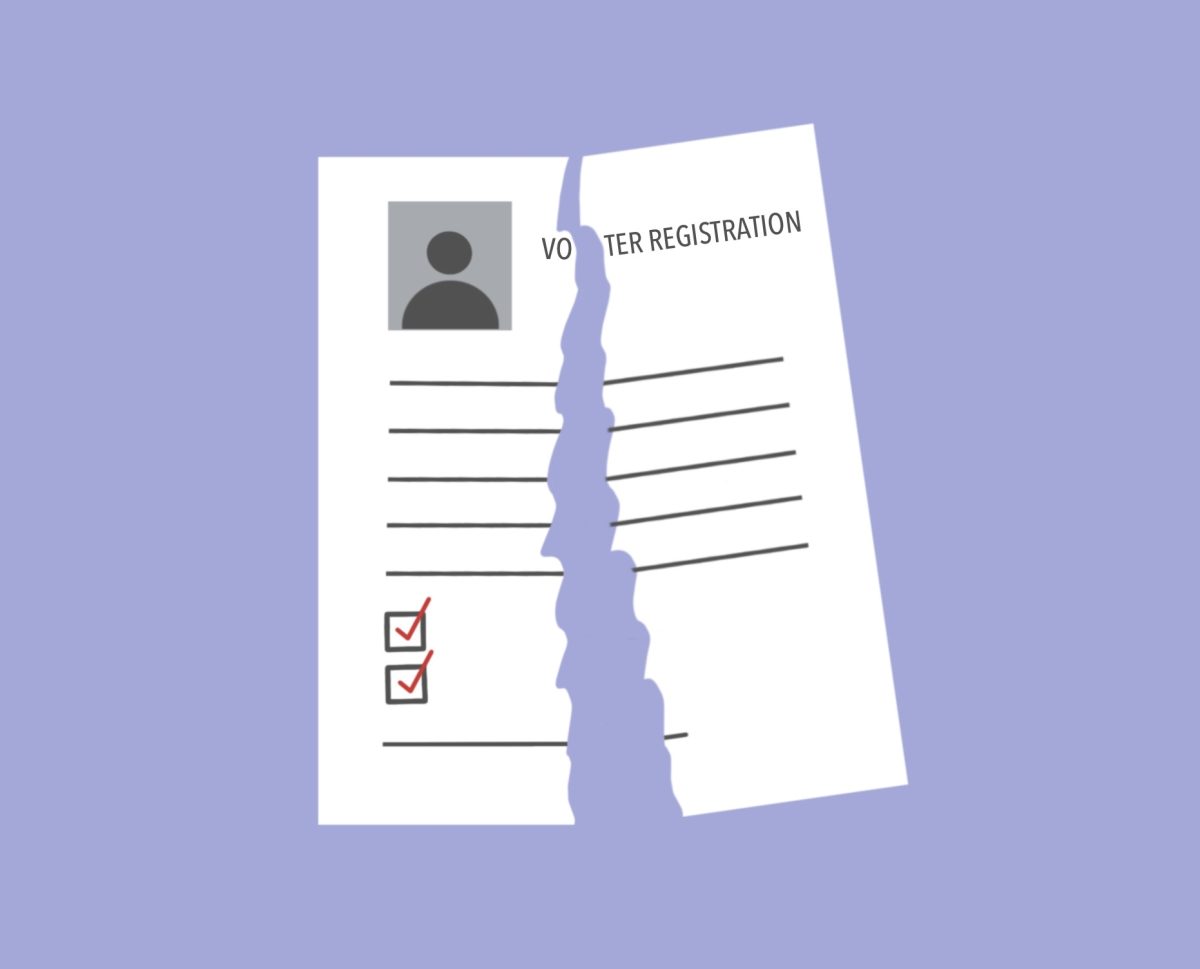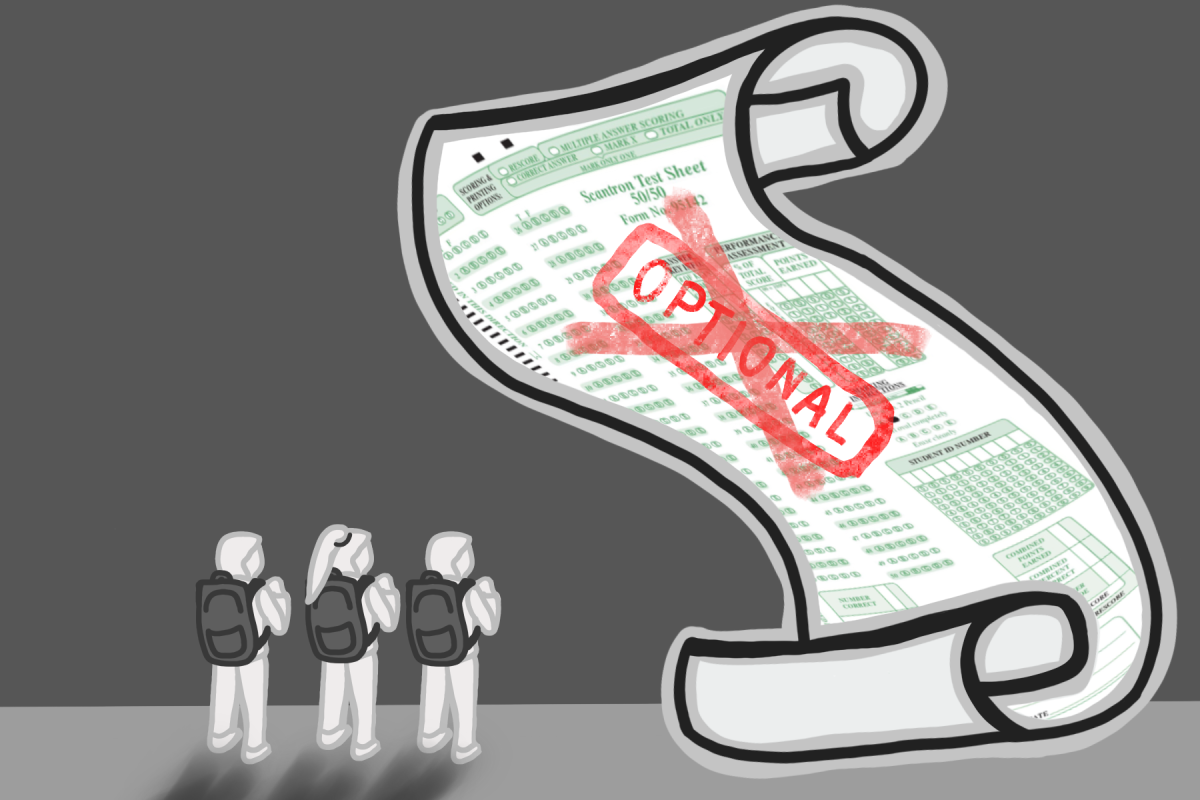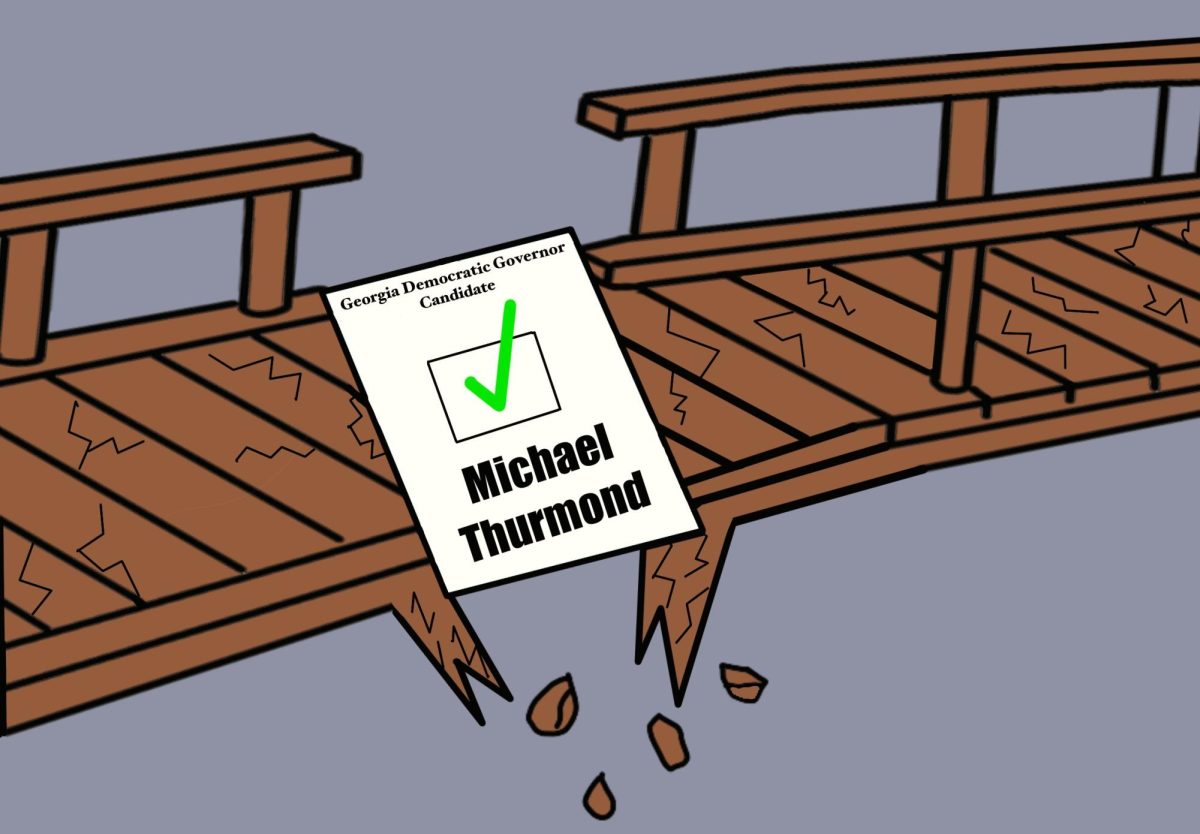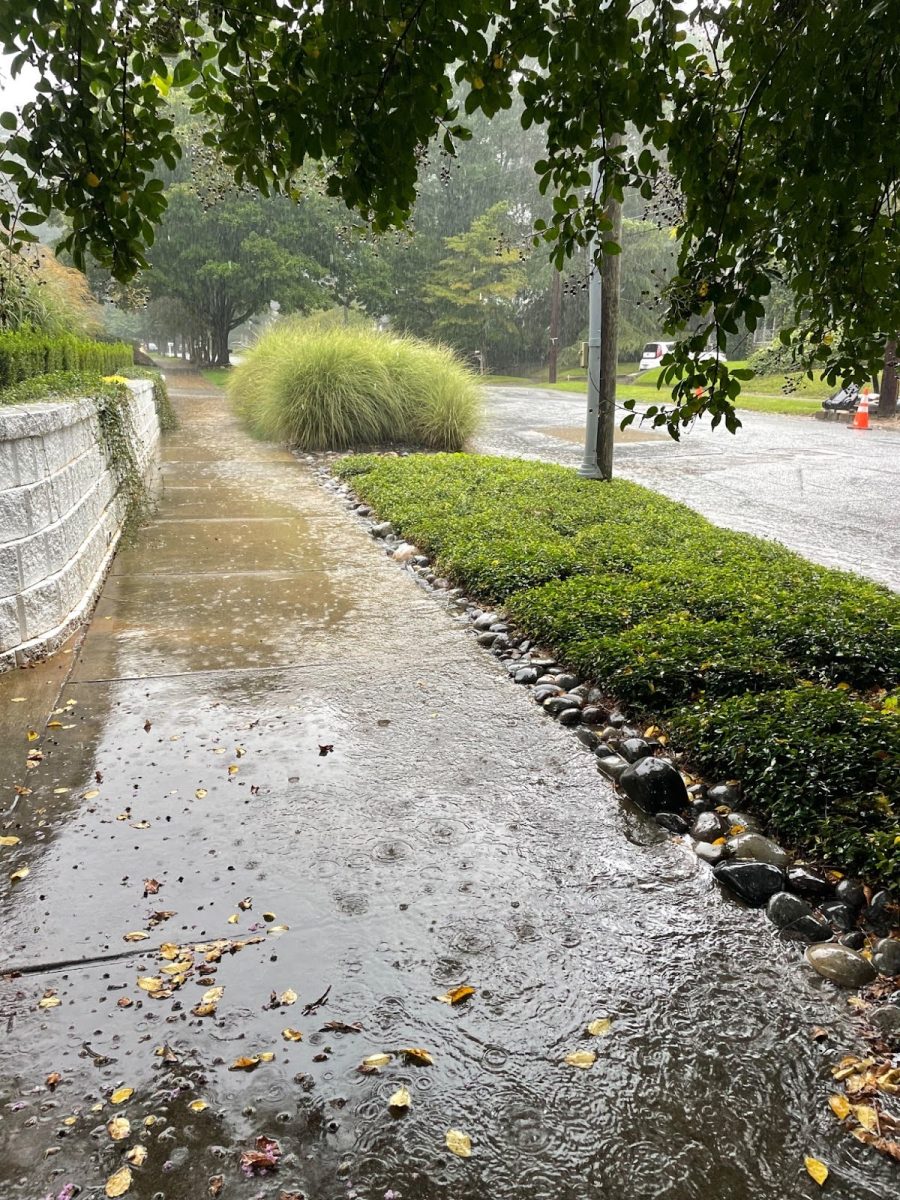The recent firing of Cobb County teacher Katie Rinderle has provoked a debate surrounding Georgia’s Divisive Concept law, signed by Gov. Brian Kemp in 2022. The law seeks to limit the teaching of ideas related to critical race theory, which says that racism is ingrained in American society, and has raised concerns among many teachers.
Last year, Atlanta Public Schools started a complaint resolution process, in response to the law. However, not all surrounding districts have the same protections.
The law bans the teaching of nine race-related topics; including, not teaching that one race is superior to another and saying that America is fundamentally racist. Georgia nonprofit organization Frontline Policy Action champions the law and claims the classroom is not a place kids should be taught ideas like the ones listed in the bill.
“The provisions made in the bill are things no kid should be taught,” Frontline Policy Action president Cole Muzio said. “Protecting children from these teachings allows for true history to be taught – children to learn instead of being indoctrinated – and for greater civic unity.”
Mike McGonigle, director of legal services at the Georgia Association of Educators, believes the law does not accurately identify what is banned.
“Even folks that are supposed to be enforcing the law, they do not know what it means,” McGonigle said. “That is strong evidence that the law is unconstitutionally vague, in that it does not give an educator reasonable notice of how to avoid punitive actions against them.”
Social studies teacher and former attorney James Sulivan believes the law is meant to scare teachers.
“The big effect will not necessarily be legal actions or administrative actions against the teachers, but rather that teachers will be afraid to teach certain things or discuss certain things because they think it runs afoul of the law,” Sullivan said.
The law’s supporters said there should be little impact on teachers and learning as long as teachers are teaching in alignment with the curriculum.
“Teach, do not indoctrinate,” Muzio said. “The classroom is not a place to bring the latest fad or political ideology. Educate students according to the curriculum, help them learn and come to their own conclusions, and respect the wishes of parents.”
The law gives more freedom to parents to challenge what they deem inappropriate for their kids to learn. McGonigle believes this could have significant consequences on the already implemented curriculum.
“The law is already having a chilling effect on the ability of teachers to convey classroom instruction,” McGonigle said. “It is already having a harmful effect on teachers. Even if a teacher is teaching the lesson plan that is already in alignment with the state curriculum standard, we have had reports that teachers are getting in trouble for teaching the standards.”
With more rights given to parents regarding their children’s instruction, some teachers anticipate more recourse from parents. Literature teacher Susan Barber believes that this kind of censorship will create a bigger divide between parents and their children’s teachers.
“The more people that hear about these kinds of things, I think that empowers some parents to challenge more and more,” Barber said. “We want to have conversations with parents. We just do not want to be on the end of a pointed finger about why we are wrong, but instead, let’s sit down and talk about it.”
Sullivan believes the Divisive Concepts law might not capture the subject matters teachers cover on a daily basis.
“I think it allowed [creators of the Divisive Concepts law] to score a lot of political points without a lot of actual effect,” said Sullivan. “With the language that was used to write the law, it makes it seem like this is a very scary and potent new law directed at teachers and educators, but when you really pare it down to the actual language used, the things that are mentioned are things no teacher that I have ever heard of actually teach.”
Barber said that even though there are topics that should not be taught in school, the dialogue needs to include teacher input.
“Freedom of speech is complicated,” Barber said. “Not everything is free game in high school, but I think that having conversations about not teaching something, as opposed to just saying we are flat out banning something, are two different things.”

